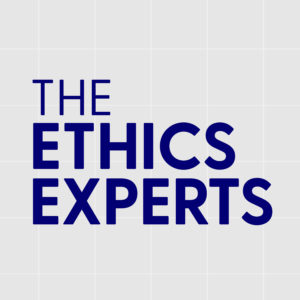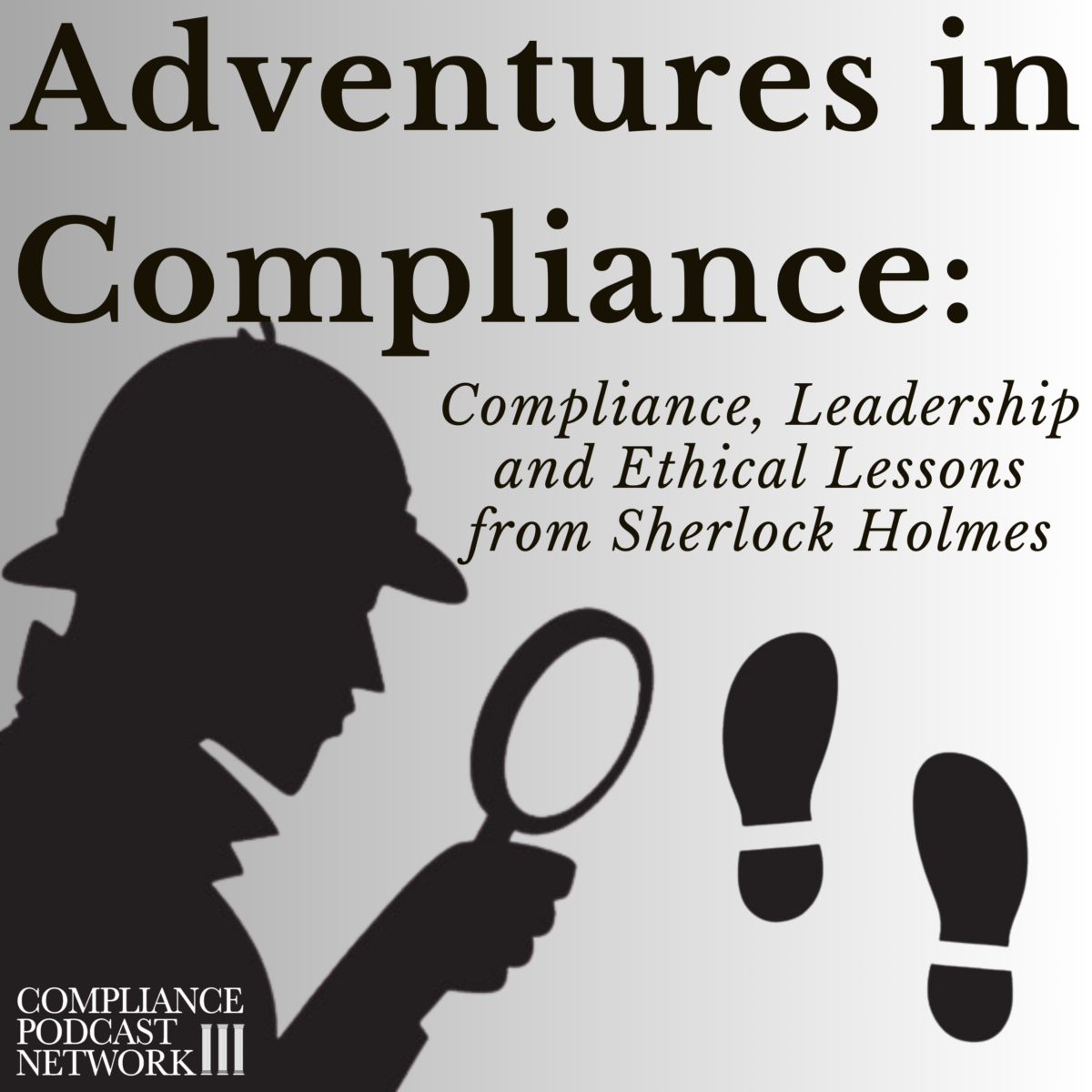In Episode 31 of Riskology by Infortal, join Soji Apampa, Christopher Mason, and Dr. Ian Oxnevad as they discuss Nigeria’s fight against corruption in the post-Covid era.
Soji, Chris, and Ian discuss the grassroots and civil society efforts in Nigeria and West Africa to combat corruption and increase business transparency.
The Fight Against Corruption and the Role of Civil Society
Soji Apampa, a leader in the anti-corruption space, shares his experiences in promoting ethical business practices in Nigeria and the evolution of corporate compliance in the region. Contrary to top-down regulatory regimes in the US and Europe, anti-corruption efforts in Nigeria underscore the need for effective collective action from the private sector and civil society.
Successful models for this include the Maritime Anti-Corruption Network, and the advancements in technology that are driving transparency and reducing opportunities for corrupt practices in West Africa. Nigeria’s maritime sector presents a pertinent example of how collective action can bring about significant improvements in integrity and operational efficiency. Prior to these concerted efforts, discretionary powers and lack of standard operating procedures often led to unpredictability and opportunities for corrupt practices.
Culture Matters: From a Perception of Anti-Government to Anti-Corruption
Soji’s journey in integrity and anti-corruption began when he returned to Nigeria as a civil and structural engineer. Frustrated by the rampant corruption and trade malpractices, he took it upon himself to help instill a culture of transparency and anti-corruption. Over time, these efforts shifted the culture where “anti-corruption” was deemed to be “anti-government” to a culture of increased transparency and professionalism. Despite initial setbacks, the support from like-minded individuals and organizations paved the way for significant progress. Recent years have seen significant improvements due to collective action in the maritime sector. From 266 corruption cases in 2019 to just 45 in 2022, the benefits are clear. Efforts to introduce transparency and reduce unreceipted cash payment demands have dramatically lowered shipping costs, making the sector more reliable.
Culture Matters: Regulations in the West Don’t Work the Same Way Elsewhere
Initially, practices such as bribery were not only common but also tax-deductible in countries like France and Germany. Countries like the US, UK, and France have even historically topped indices for bribery, despite stringent anti-corruption laws. A critical factor in the success of compliance programs is the cultural context within which they operate. Corporate culture often reflects broader societal norms, impacting how compliance policies are perceived and implemented.
Despite the proliferation of laws to combat corruption, money laundering, and terrorist financing from the West to the rest of the world, many of these laws are ill-suited to local needs. Often, laws from developed economies perpetuate corrupt practices. Bottom-up Initiatives like the Maritime Anti-Corruption Network demonstrate the power of collective action in combating corruption.
By working together, businesses can create a culture of integrity. The reforms in the maritime sector included the development of clear standard operating procedures (SOPs) and timelines for specific activities, enhancing predictability in both costs and time. Captains can adhere to these standards and checklist requirements, subsequently reducing the chances for extortion. Unlike in the past, transitioning a vessel from Anchorage to the berth now takes a standardized 90 minutes instead of varied durations extending to several hours.
When Going Abroad, You Need a Guide
Understanding local dynamics is crucial, as even the best compliance plans can falter if they don’t align with ground realities. Unlike the abstract nature of high finance, industries such as shipping depend heavily on functional relationships between shippers, locals, and governance. This sector demonstrates that proper collaboration ensures essential goods move smoothly, maintaining daily life. As bottom-up initiatives help combat corruption, greater diversity in the business environment will become more localized. At the same time, avoiding violating laws like the Foreign Corrupt Practices Act (FCPA) initiatives and local laws requires having a “local guide” help you navigate new business environments. Intelligence and local connections matter.
Nigeria’s Success Is Now a Model For the “Global South”
The Nigerian model of tackling maritime corruption has inspired similar reforms in other key global ports and regions. Nations such as Egypt, India, Pakistan, Bangladesh, and Ghana have begun adopting similar frameworks, showing promise for broader anti-corruption efforts. Countries like Nigeria, which show real structural changes, may not immediately reflect these in perception surveys, yet they offer untapped potential for investors aware of these developments. This forward-looking approach, integrating both retrospective analysis and future opportunities, aims to not only continue the fight against corruption but to set an example that ripples out to other industries and regions trying to roll back corruption.
Resources:
Infortal Worldwide
Email
Chris Mason on LinkedIn
Dr. Ian Oxnevad on LinkedIn
Soji Apampa on LinkedIn








